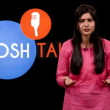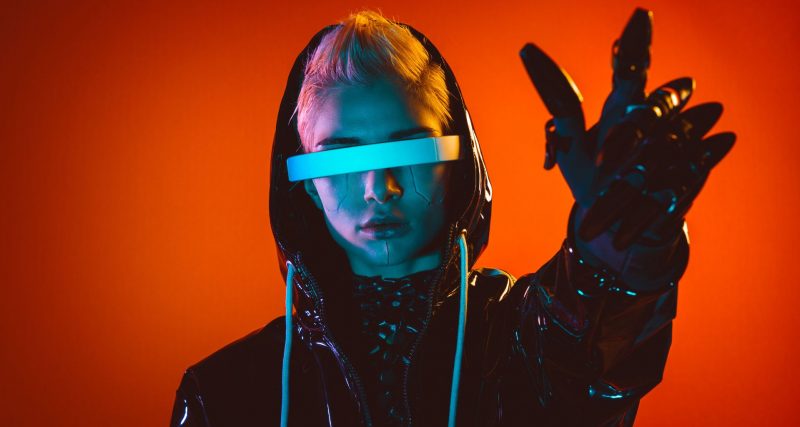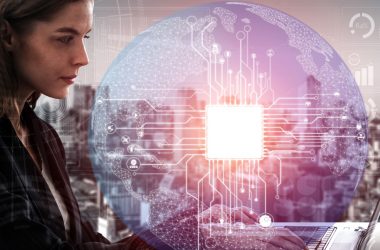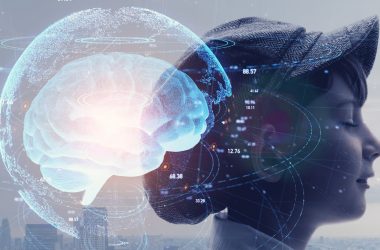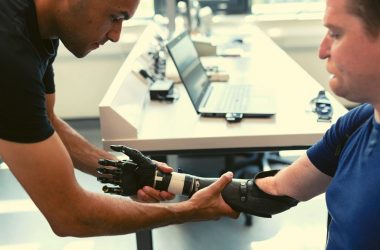The advent of the digital age has given birth to many technologies, the most prominent of which is Artificial Intelligence (AI). It is quickly permeating every aspect of our lives, from personalized recommendations on e-commerce websites to self-driving cars and beyond. But how does this Intelligence that we have artificially created compare with the Intelligence we humans naturally possess? Let us try to examine the comparative aspects of Artificial Intelligence and Human Intelligence, focusing on the potential and limitations of each.
Understanding Intelligence
Before delving into comparisons, it’s essential to understand what ‘intelligence’ means. Generally, Intelligence is the ability to learn, understand, and apply knowledge, engage in abstract thought, and solve problems. It involves the capacity to perceive relationships, to adapt to new situations, and to think logically.
Human Intelligence: A Natural Phenomenon
Human Intelligence, a product of millions of years of evolution, is an amalgamation of cognitive abilities like learning, reasoning, problem-solving, perception, language understanding, and emotional Intelligence.
ADVERTISEMENT
One of the most distinctive features of human Intelligence is its adaptability. Humans can adapt to different environments and situations.
We can also understand and interpret complex social cues, emotions, and non-verbal communication, a phenomenon known as emotional Intelligence.
Furthermore, human Intelligence is creative. It not only learns and applies knowledge but also creates new concepts. Our ability to imagine, dream, and think abstractly allows us to produce art, literature, and technology. This creativity makes humans innovative and capable of advancing society and culture.
ADVERTISEMENT
Additionally, human Intelligence is self-aware. We have consciousness and can introspect, questioning our own existence, purpose, and actions. This ability for self-reflection enables us to learn from our mistakes and improve.
Artificial Intelligence: The Future of Technology
Artificial Intelligence, conversely, is the Intelligence exhibited by machines or software. AI systems are designed to perform tasks that generally require human Intelligence, such as recognizing patterns, learning from experience, drawing conclusions, making predictions, or taking actions that maximize their chance of achieving specific goals.
AI excels at processing and analyzing vast amounts of data far more quickly and accurately than a human could.
ADVERTISEMENT
It can identify patterns and trends in the data, making it invaluable in finance, healthcare, weather forecasting, and more.
Moreover, AI is highly consistent and can work tirelessly without fatigue, making it ideal for repetitive tasks. AI’s efficiency and speed are unrivaled in data-driven decision-making processes, which is vital in our fast-paced, data-driven world.
However, AI lacks creativity, self-awareness, and emotional Intelligence. AI cannot fully understand or interpret emotions, social cues, or non-verbal communication. Nor can it introspect or possess consciousness. Furthermore, while AI can generate new combinations of existing ideas, it does not create as humans do.
Comparing the Two: A Study of Contrasts
When comparing AI and human Intelligence, it is clear that each has its own strengths and weaknesses.
AI has speed, consistency, and the ability to process large volumes of data, something invaluable in the era of Big Data. Its role in automating tasks, making predictions, and assisting in decision-making is transforming industries across the globe. However, its lack of emotional Intelligence, creativity, and self-awareness are significant drawbacks.
Conversely, human Intelligence, with its adaptability, emotional Intelligence, creativity, and self-awareness, possesses capabilities that AI can’t replicate. Yet, humans cannot match AI’s speed, consistency, and data-processing capabilities.
The Future: Collaboration, Not Competition
The discussion shouldn’t be about whether AI will replace human Intelligence but rather about how AI can augment human Intelligence. AI and humans bring unique capabilities to the table, and the real potential lies in leveraging these capabilities collaboratively. For instance, AI can analyze patient data in healthcare to identify potential health risks. Still, human doctors must consider the patient’s overall health, discuss findings compassionately, and decide on the best course of action.
Conclusion
In conclusion, Artificial Intelligence and Human Intelligence are complementary forms of Intelligence. While AI excels in speed, consistency, and data analysis, human Intelligence shines in creativity, emotional understanding, and self-awareness. The future belongs not to AI or human Intelligence alone but to a world where both coexist and collaborate, utilizing their strengths to overcome their individual limitations. This synergy between AI and humans is the new frontier of Intelligence, promising to herald an era of unprecedented innovation and advancement.
By understanding and appreciating these differences, we can better navigate the future, ensuring we utilize AI ethically and effectively while celebrating and nurturing our unique human capabilities.



